The Ethical Meat HandbookComplete home butchery, charcuterie and cooking for the conscious omnivore
Nutrition, environmental impact, ethics, sustainability — it seems like there’s no end to the factors we must consider when we think about our food. At the center of the dietary storm is animal-based agriculture. Was your beef factory-farmed or pasture-raised? Did your chicken free range, or was it raised in a battery cage? Have you, in short, met your meat?
Most efforts to unravel the complexities of the production and consumption of animal protein tend to pit meat eaters and vegetarians against each other. The Ethical Meat Handbook seeks a middle ground, arguing that by assuming full responsibility for the food on our fork, and more importantly, the route by which it gets there, animals can be an optimal source of food, fiber, and environmental management. This hands-on, practical guide covers:
- Integrating animals into your garden or homestead
- Basic butchery: whole animal, primals, subprimals, and end-cuts, including safety and knife skills
- Charcuterie: history, general science and math principles, tooling up, and recipes
- Culinary highlights: getting creative, preparing difficult cuts, sauces, ferments, difficult cuts and extras.
Eating diversely may be the most revolutionary and proactive action we can take to ensure the sustainability of our food system. The Ethical Meat Handbook challenges us to take a hard look at our individual dietary choices, increase our self-reliance and at the same time enjoy delicious food that benefits our health and our planet.
Meredith Leigh is a food and farming specialist who has been involved with many commercial and homestead herds of cattle, poultry, swine, sheep, and goats over the last 12 years. She has worked as a butcher, chef, teacher, nonprofit executive director and homesteader, all in search of realistic solutions for sustainable food. She writes, works, cooks, and eats with the goal of helping others to understand that food is the most fundamental common denominator to our collective and individual quality of life.


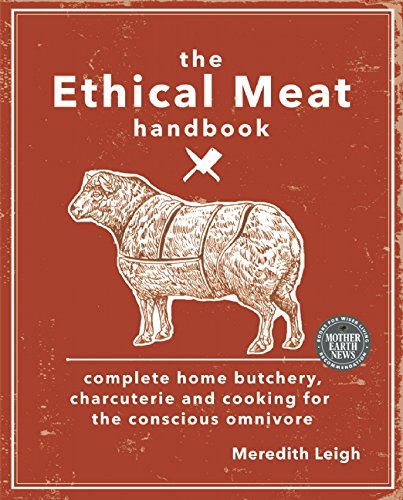



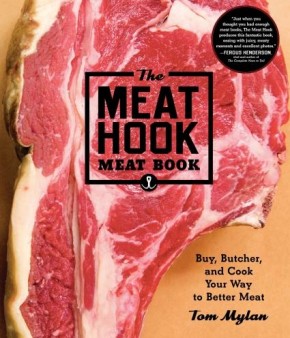
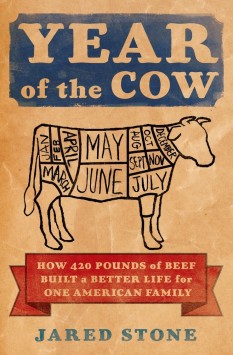

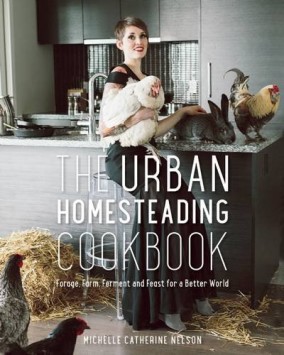
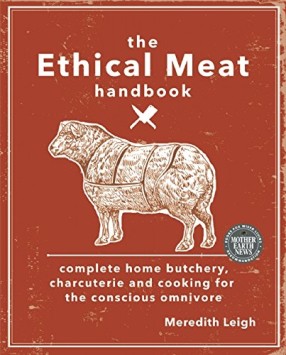
Leave a Reply